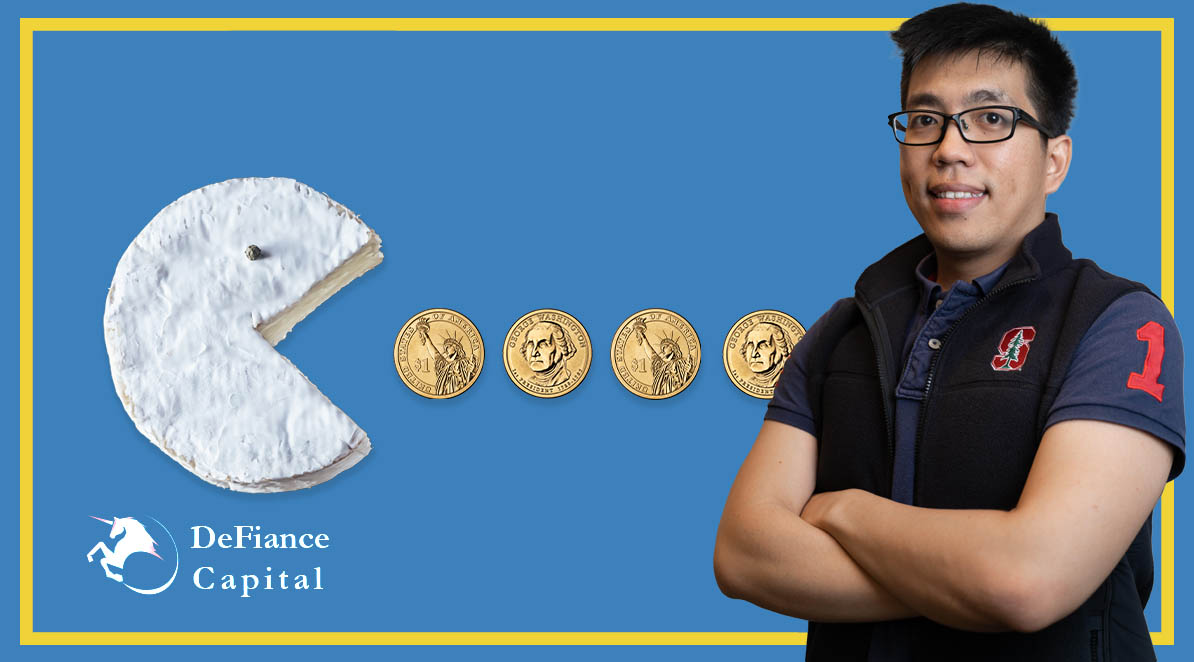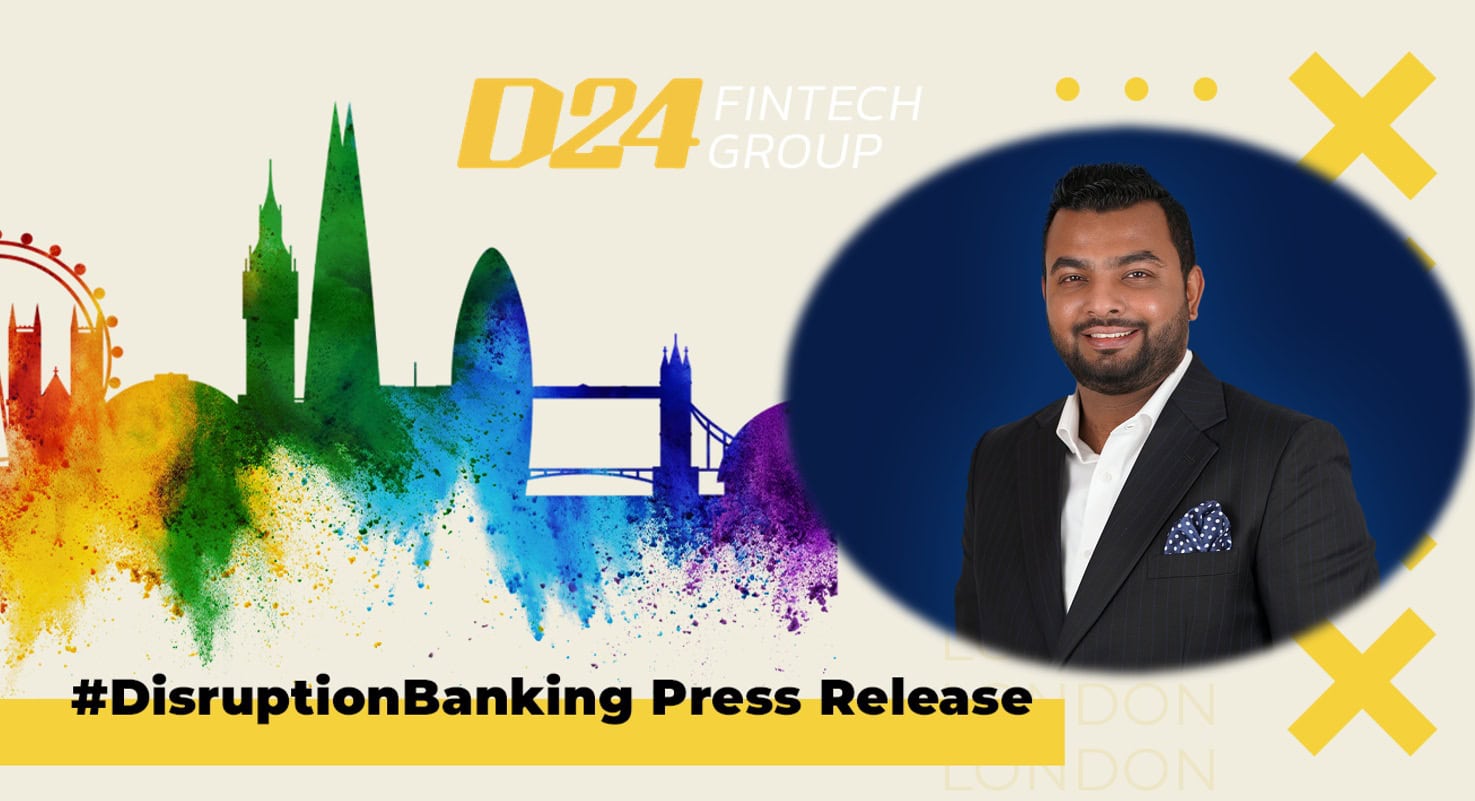As a result of the substantial growth we have seen in the crypto and DeFi industries over the last year, traditional finance firms such as major banks and hedge funds are seeking greater exposure to the DeFi space. With central banks around the world beginning to embrace the concept of CDBCs and stablecoins, a result of tokenisation, the principles underlying the DeFi industry are gaining more acceptance amongst traditional firms. Partly because of this, and partly because of heightened consumer demand for DeFi, established banks and hedge funds are increasing their exposure to the DeFi ecosystem.
At the end of June, venture capital firm Andreessen Horowitz launched a $2.2 billion crypto ETF. Their team has expanded substantially in the space of just a year, and includes former employees of Google, Facebook and Netflix. Steve Cohen’s Point72 Asset Management is actively looking for a head of cryptocurrencies and has already announced to investors that it plans to invest in the sector “either through its flagship hedge fund or its private investment unit”. A letter to investors argued that “we would be remiss to ignore a now $2 trillion crypto currency market”. The scale and sophistication of this new sub-sector – crypto and DeFi-based hedge funds – is clearly increasing as it continues to challenge established practice.
Andreessen Horowitz announced its third crypto-focused fund for the “next generation of visionary crypto founders.” The $2.2 billion Crypto Fund III will be among the largest capital commitments to the crypto ecosystem in history. https://t.co/cLK3wzxEP1
— WIRED (@WIRED) June 24, 2021
Causing this disruption to traditional financial activity are people like Arthur Cheong, Founding Partner at DeFiance Capital. We spoke to Arthur to discuss his work with DeFiance, a cryptoasset investment fund based in Singapore that “combines fundamental research with an active involvement approach”. This represents an attempt to bring a degree of professionalism and rigorousness to the crypto markets, something that has sometimes been lacking. Through this “fundamental research” and sound “valuation methodology”, DeFiance aims to outperform a market that is consisted largely of amateur investors. As he explained in a blog post earlier this year:
“Public markets in crypto, beyond the top few, are dominated by non-professional investors. Combined with a lack of widely accepted valuation methodology, this signals most public crypto market investors do not apply a rigorous approach when it comes to making investment decisions. More often than not, prices are determined by speculative fervour and memes, with major announcements and exchange listings driving the lion share of directional movements”.
DeFiance’s philosophy is based on the strong belief that “DeFi will eat traditional finance during the next decade”. Arthur outlined to us how he sees DeFiance’s place in the market: a “bullish, long-only, liquid venture fund”. That is to say, the firm “doesn’t retreat” from its conviction in the growth trajectory of the numerous DeFi protocols in which they invest, although “we do rebalance our position from time to time”. Quite simply, this bullishness stems from the opinion that the emerging DeFi ecosystem is superior to the banking system Arthur believes it will replace. To quote from his blog again:
“Compared to other use cases, the trade-off of using permissionless blockchain for finance is worthwhile, as financial service providers have always competed on the trust layer instead of the cost layer. By transferring the trust layer from financial intermediaries to software and code on the blockchain, DeFi can provide universal access to financial services. This represents a paradigm shift where trust-minimized user experience is possible. In an era where control of users’ data and digital activity might be a liability, DeFi will be able to provide much better products and services at scale than traditional finance”.
In practice, this philosophy means using clients’ crypto assets to “invest in the top DeFi protocols across the world”, those that are most likely to disrupt the traditional industry and provide the “products and services” of the future:
“On the more venture funding side of things, we invest in some DeFi protocols that are in an early stage of development. Some have not even developed their product yet. We invest either equity or agree to purchase future tokens that they are going to issue. Elsewhere we invest in some of the more established protocols that are already listed on crypto exchanges such as Coinbase and other places”.
Flooding into #DeFi might be an understatement… https://t.co/BU1TyjCmyh
— DeFi Pulse 🍇 (@defipulse) June 3, 2021
🏒 or 🚀 ? https://t.co/2mJBPr4cY3 pic.twitter.com/OvStdic1N2
Arthur sees DeFiance as a crypto investment fund, based on the traditional model of investing client money to realise returns, but all within the alternative DeFi ecosystem. They invest in the crypto assets of various DeFi protocols, most of which are listed openly on their website, and position themselves “long only”. Currently, DeFiance manages around $300 million worth of client crypto funds – a not insignificant proportion of the roughly $60 billion trading volume on decentralised exchanges.
As DeFi grows in size, and thus economic importance, established institutions like those previously mentioned are increasingly seeking involvement in an industry which previously had frequently been dismissed as far too risky. More and more banks, pushed by the demands of clients and shareholders, are now exploring how they might engage with DeFi and the crypto markets. A “fear of missing out” is pushing banks like Citi to explore this space.
If DeFiance is correct, that DeFi will “eat” the traditional banking industry, then they are clearly a threat to established institutions. The issue for the big banks to grapple with is whether they work with the new realities of the DeFi space or simply attempt to destroy it. Arthur believes that American banks appear to be the most open to DeFi’s potential, whilst some in Europe and Asia are more conservative in this regard:
“I think that generally what we have seen is that US banks are a lot more forward-looking and respond more to customer demand [for DeFi products] compared to European and Asian banks. Some Asian banks don’t even allow their customers to own shares in MicroStrategy which I think is ridiculous. But US banks such as Goldman Sachs and Morgan Stanley have certain crypto asset strategies. How much backing that has from the top senior management, I’m not sure, but they definitely do devote some resources when it comes to clearing Bitcoin futures or offering some sort of custodial service.
Last week, BBVA of Spain’s Switzerland business released its first crypto-asset trading and custody service to private banking clients. @Citi don’t like to be caught napping.https://t.co/hFPjj3UQAb
— #DisruptionBanking (@DisruptionBank) June 28, 2021
“However, I don’t think that any bank is 100% ready to work with crypto companies yet. Probably the US banks are keener to do this because the business opportunity is bigger in America. The US is a big market and they know that Coinbase is already a $50 billion company. They can size the market, while in Asia for example, you do not have such a big benchmark and it is a more fragmented region”.
In the past, Arthur has used the example of Kyber Network in the DeFi ecosystem as an example of a protocol that has achieved success on a large scale. Kyber Network was launched in 2017 with the aim of building a decentralised exchange and liquidity protocol. Having gone live in February 2018 it has since processed billions of dollars in volume. Whilst this is clearly a huge part of the DeFi ecosystem, and a significant part of what is already, in its infancy, a multi-billion dollar industry, it is hard to imagine professional bankers exploring opportunities like this with their clients. Consequently, there is a gap in the financial services market that DeFiance is filling.
Perhaps partly as a result of this, there is a clear chasm between traditional banks and cryptoasset funds such as DeFiance. Indeed, Arthur does not see working closely with banks as a necessity. Many have argued that crypto assets cannot command widespread appeal – and legitimacy – without seamless access to the traditional banking system. Many predict a kind of integration of DeFi into existing structures. But Arthur suggests that firms such as DeFiance are operating in an entirely different ecosystem which has, and will continue to have, limited contact with the established banks; a whole new sphere that one day will overtake the banking system that is currently dominant.
“For us, we do not need the banks that much. When you actually interact with cryptos, the fastest way is to use stable coins. This means the only situation where we touch the banking channel is when our client invests because we will receive that investment in dollars. And usually we will convert these dollars to a stable coin, normally the USDC issued by the Centre Consortium. Once you have converted the dollars to a stable coin, you are physically in the crypto ecosystem and you can move it around. You can move it to the Ethereum blockchain and participate in various DeFi activities.
“Another way we touch the banking system is when our investors need to redeem their investments. We will convert the USDC back to the actual dollar and then give that USD back to our investor. So I think it’s quite different from traditional hedge funds, where they leave the bank as a prime broker. Even if we get bigger, banks will not provide that valuable a service to us”.
In other words, Arthur sees the service offered by his crypto firm as entirely separate from the traditional banking sphere. It is a completely different type of investment, in a different space, that comes into contact with established banks only tangentially. Interaction with banks is perhaps not as important as some suggest, because firms like DeFiance are operating within a wholly different ecosystem that is able to function and generate returns without the involvement of the existing banking system. Whilst the banks may choose to involve themselves in DeFi activity, DeFi does not necessarily need to adapt itself to the traditional banking system. Quite the opposite, if Arthur is right.
Of course, managing such a fund presents various other difficulties. There is primarily the sheer volatility of the crypto markets. This not only makes investing that bit harder, but arguably scares potential clients and undermines the legitimacy of crypto as an asset class:
“The running of the fund itself is challenging. This market is extremely volatile. And I think that still some time is needed for the market, and indeed the wider financial system, to accept that crypto is a legitimate asset class within the alternative investment space. I think that our role is to play the advocate and get more and more people aware of this exponentially growing sector, and how they can obtain exposure to this space. But our focus always remains on investing in the best DeFi protocols”.
Another challenge is simply that there are not many people doing what Arthur is doing, especially in Singapore. “This is still a fairly early movement,” Arthur notes, “and it is also a fairly distributed community […] there are fewer than five of us here in Singapore”. This means the extent to which DeFiance can collaborate with other innovative firms in the space is limited, although Arthur explains that “whenever we hear about another fund through social media or our network, we will always introduce ourselves to them and work with them”. However, as this recent Bloomberg Asia story showed, there is undoubtedly a large market across Singapore and the rest of Asia for firms such as DeFiance. This is especially amongst millennials who will expect such services to be offered.
47% of respondents in a recent survey trust bitcoin over big banks. Sponsored by @Bybit_Official.
— Bloomberg Asia (@BloombergAsia) May 20, 2021
For now, the fact that Arthur manages one of the few DeFi-focused crypto funds in east Asia also means that the regulator is still playing catch-up. It is still not entirely clear if and how certain activities are regulated. Whilst Arthur believes that “the Singaporean government is very, very keen on innovation and moving forward”, numerous “grey areas” exist in how this new form of financial activity is to work. Most significantly, it is not yet obvious if the invested DeFi protocols of DeFiance are governed by the same rules that apply to the crypto companies themselves:
“The Singaporean authorities and government are undoubtedly aware of the growth of DeFi. What I can say is that I think they are trying to understand more about it and determine what the best way to proceed is. In how they are approaching it, I think that generally Singapore has been more forward-looking than some other markets.
“After a few years of consulting, the authorities drafted a piece of legislation to regulate the centralised crypto companies. This culminated in the Payment and Services Act that became law last year. Now all centralised crypto companies, including the exchanges, are regulated by this Act. We are regulated as a fund and so are not affected by this regulation. That said, the latest amendment to the law mentioned that some non-custodial services have to be regulated as well, but the definition is quite broad. So, we’re not 100% sure what the situation is and what it may be in the future.
“From our side, we definitely think that, as DeFi is non-custodial and does not control clients’ balances, they should not be regulated in the same manner as a centralised company such as Coinbase. They are holding the customer balances and DeFi is not. The responsibility they have compared to someone like Coinbase is vastly different”.
Nonetheless, Arthur believes that Singapore is well-placed to emerge as a hub for DeFi firms. Despite the understandable challenges the regulators are grappling with as they attempt to catch-up with all of the (highly complex) innovation that has taken place, Arthur considers their motivations to be well-intentioned and conducive to the work of entrepreneurs in the DeFi space:
“One major advantage that Singapore has is a regulator that is less prosecutorial. Even if you may do something that falls into a grey area, they will try to understand what you are doing and say “okay, we will give you a certain amount of time to comply.” Singapore as a whole is very business-friendly and the authorities will try to understand the entrepreneur’s perspective.
“Singapore is also a much friendlier market for ICOs. Singapore has very clear guidance on what constitutes an ICO and that helps a lot. That is why a lot of Asian companies have come to Singapore to issue ICOs during the previous crypto boom cycle. Of course it is not all sunshine, and there are some problems, but in general Singapore is a friendly place for funds like ours”.
As Arthur alluded to, Singapore has become something of a hub in Asia for ICOs, particularly after China banned the activity in 2017, and crypto trading more generally. How the regulators in Singapore and elsewhere adapt to rapidly changing market conditions remains to be seen, but it certainly seems that Singapore is well-poised to emerge as the Asian, and possibly even global, centre for DeFi.
Whilst for now Arthur and DeFiance remain part of a small community of disruptive crypto firms, albeit one that is transforming the activities of the biggest financial institutions in the world, it will be fascinating to watch how this industry grows in the years to come.
Author: Harry Clynch
#DeFi #TraditionalFinance #Tokenisation #Crypto #Blockchain #Singapore
















2 Responses